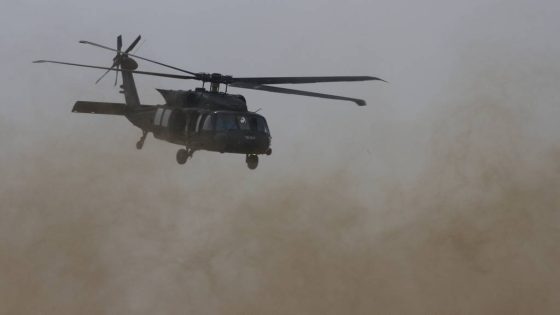Israeli officials long have known they have a big problem on their northern border with Lebanon, a bigger problem, from their perspective, than the situation in Gaza, which many moderates see as likely to resolve itself in time through a cease-fire that gets extended, whatever the absolutist and impractical official position about totally eradicating Hamas.
The Israeli border with Lebanon already is a no-go zone with tens of thousands of Israelis, those living closest, having been evacuated to hotels in and around Tel Aviv, some at the government’s expense and others (mostly those in a geographic band a little farther away) at their own.
An argument is made that this ongoing situation represents a de facto shrinking of the state of Israel itself. But the real issue here, we’ve been told, is that Israel views the capabilities of the Lebanese group Hezbollah as so much greater than that of Hamas. The militant organization, after all, is reported to have more than 100,000 rockets in its arsenal and tens of thousands of willing combatants.
That’s why the rocket attack Saturday on the Druze village of Majdal Shams in the Israeli-controlled Golan Heights, which killed 12 children of that Arabic-speaking religious and ethnic group, while they were playing on a soccer field near their home, is especially worrying.
Israel blamed Hezbollah; the Iran-funded and equipped group has denied responsibility. Hezbollah and Israel have been skirmishing for months but this is the worst loss of life within Israel since October. (The deaths of Palestinians in Gaza have, of course, occurred at an exponentially larger number.) Israel has been striking back, but many Middle East watchers now fear an all-out war between Israel and Hezbollah.
That’s not a new concern, but the weekend’s events amped up the danger.
When Israeli Prime Minister Benjamin Netanyahu, unpopular with Democrats, addressed Congress last Wednesday, excluding those members who chose not to show up, he found a legislative body distracted by the drama in the upcoming presidential election.
The Middle East is not an easy issue for Democrats who have proved themselves effective in recent days as squelching internal debate and dissent. President Joe Biden said Monday that he was calling for major changes in the U.S. Supreme Court, including terms limits and ethics reform, an easy issue for Democrats to promote, as well as a constitutional amendment aimed at limiting the broad presidential immunity that the justices approved — another easy issue for Democrats to promote, if not to actually pass.
These proposed reforms are designed in part to boost support for Kamala Harris, Biden’s replacement at the top of the Democratic ticket, and energize the progressive base. Biden even has used the phrase “limiting the court,” which should give any level-headed person pause.
But the Middle East does not pause for election cycles nor political conventions, and it could well be that Biden will have to deal with a much tougher issue for Democrats while he remains president. And it’s worth noting that Harris was one of the people who did not show up to hear Netanyahu.
We urge Israeli restraint, given that Netanyahu’s ultimate response to the shocking attack on kids — which may have landed in error; we don’t know — will determine the likelihood of further loss of life. But already, the situation was serious enough for airlines such as Lufthansa and Royal Jordanian to cancel flights to Beirut and for governments, including the U.S., to issue a phalanx of warnings about the increased dangers in Lebanon.
Democrats have said that Biden is fully capable and engaged as the sitting president.
There will be a lot left to do, not all of it reflecting how the president would choose to spend his time.
_____
Source Agencies


